The Complex Systems Institute of Paris Île-de-France employs researchers and engineers, and welcome people and innovative projects from partners’ laboratories, fostering interdisciplinary and cross fertilization among projects.
Meet the residents!
You can meet our residents every Tuesday at 2.00 pm, for our residents’ after lunch Tea Time.
Please click here to make a request.
DFIH
Elisa GRANDI
PhD candidate in Economic History and History of Latin America. My research projects focus on global history, international financial history and social network analysis in historical research.
At ISC-PIF, I work as senior researcher for the D-FIH project (Données Financières Historiques). This project is developing a database which collects and organizes data on French financial markets. In particular, I supervise junior researchers in the operations of data mining and data validation in order to implement the database.
Boussaad TEKFA
Currently serving as a consultant for the D-FIH project run by the Equipex Team, I have developed a keen interest in pursuing research questions related to the financialisation of the Economy. My work falls within the scope of the “Future Investments” Project («Equipex D-FIH – Données Financières Historiques ») and consists in providing assistance and advising for creating a Database on the prices of shares quoted on the stock market.
Stefano UNGARO
Stefano Ungaro is a PhD candidate in Economics at EHESS and the Paris School of Economics. He conducts research on money and capital French markets between 1870 and 1914. He has been part of the Equipex D-FIH team since 2011.
Raphaël HEKIMIAN
PhD candidate in financial history and financial economics, my research focuses on financial crisis transmission, especially during the interwar period. At ISC-PIF, I work as a senior researcher for the D-FIH project. I supervise data entry and quality checks for the D-FIH database, using my knowledge in financial markets and in the French stock exchange archives for the XXth century. I also ensure the communication between the IT team and the research assistants working for us.
Ibnou SOUMARE
I’m interested in Game theory as applied to a conceptual model of simulation of the International Monetary System operations.

Fanny Bilonda MBAYA
As part of the D-FIH team, I have for main tasks to assist the team in data collection and entry, verification, consistency checking and processing data anomalies for Economic and financial analysis.
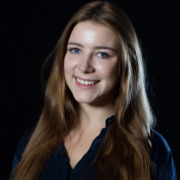
Laetitia GLASSER
After having graduated from the University of Montreal, I’m now pursuing my studies in Development Economics. I’m currently working as a consultant for the D-FIH Project “Données Financières Historiques”.
IRSTEA
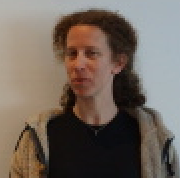
Sophie MARTIN
My scientific contributions are centered on mathematical definition of concepts, design of algorithms and their implementation in the field of control theory particularly in viability theory. I have a particular interest in the mathematical formalization of concepts such as resilience and sustainable development.
Charline SMADI
I am a researcher interested in Probability Theory applied to Ecology and Evolution. I joined IRSTEA in 2015. During the year 2015, I was an academic visiting the Department of Statistics at the University of Oxford. I defended my PhD thesis in the beginning of 2015. My supervisors were Sylvie Méléard (Ecole Polytechnique) and Jean-François Delmas (Ecole des Ponts et Chaussées). I am an Ingénieur des Ponts, des Eaux et de Forêts, and a former undergraduate student of the Ecole Polytechnique.

Isabelle ALVAREZ
MATRICE -LinkRBrain

Salma MESSMOUDI
My current research activity is related to the integration of the large multi-source and multi-scale brain data. This work concerns the multimodal MRI image processing, its integration with experimental data in genetics and the large bibliographic metadata databases. This work inferred a new model that integrates different types of images in a functional model of information processing by the brain, as well as to a platform “linkrbrain.org” which allows researchers and clinicians to easily connect different types of images and extract new relation graphs.
Projets individuels
Samuel CASTILLO
After receiving a training in Civil Engineering and majoring in Computer Science (UV), I worked 1.4 years as an engineer on a contract basis at CNRS, and more specifically as a frontend developer in projects related to bipartite graphs visualization.
My thesis is currently focused on temporal analysis of scientific-collaboration networks, (expressed as sets of agents and keywords) from massive datasets like Web of Science, Pubmed or ISTex.
#K-PartiteGraphs #Socio-SemanticNetworks #ScienceMaps
Webpage: pksm3.droppages.com
Giulia CARRA
Giulia Carra is a former student of the École Normale Supérieure of Paris and of the University of Rome La Sapienza. She is currently pursuing her PhD at the Institute of Theoretical Physics in Saclay under the supervision of Marc Barthelemy. She focuses on data analysis and modeling of urban systems.
#statistical physics #urban systems #data analysis
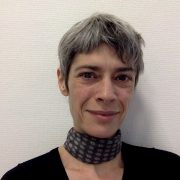
Fabienne CAZALIS
MACA is a research programme on Autistic cognition, with optimal cognition as its conceptual tool. Its main objectives are to map general cognitive and perceptive abilities of autistic individuals and to propose a taxonomy of autism that would integrate peaks of intellectual abilities. MACA is developed around three major research axes: (i) video games, (ii) Asperger Syndrome for women (iii) the uses of the OMNI (http://musaiques-asso.com/
Key words: Experimental Psychology, Gamification, Cognition, Autism

Noé GAUMONT
Computer science researcher working on Politoscope. I study the structure of networks such as the Twitter network for the Politoscope project. The main objective is to detect communities of political activists on Twitter but also, and above all, to track their evolution through time. This allows citizens and journalists to better understand the political organization existing on Twitter. To this end, I use and create graph analysis tools.
Key words: Graph, Community Detection, Temporal Network.


Loucas PILLAUD-VIVIEN
Under a public policy scheme of the Corps d’Etat des IPEF, my work focuses on devising and developing a method of “sentiment analysis” that consists of a qualitative tracking as well as a linguistic processing of tweets (positive, negative, unbiased). As a primary field of application, I work on the Climate Tweetoscope in order to quantify and measure the success and dissemination of climatosceptic ideas.

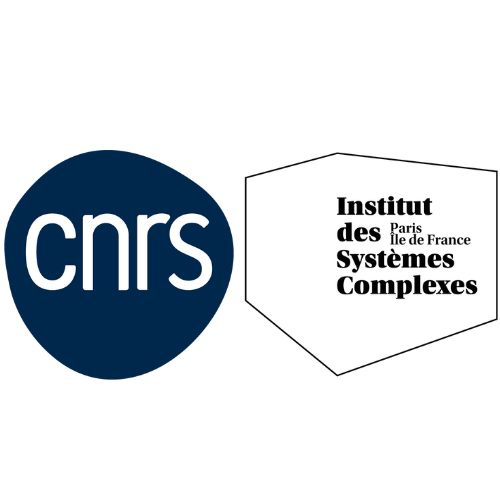

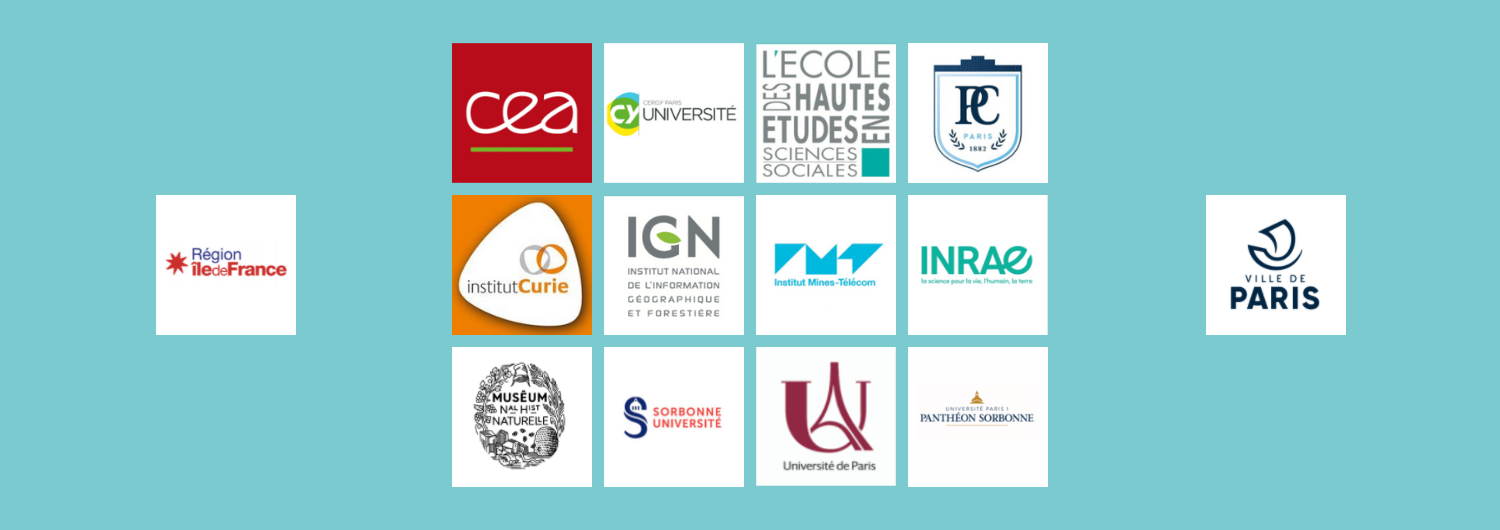
Vous devez être connecté pour poster un commentaire.